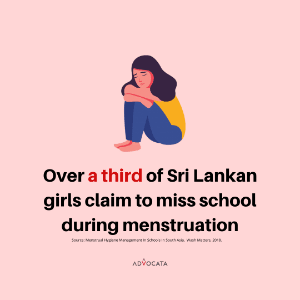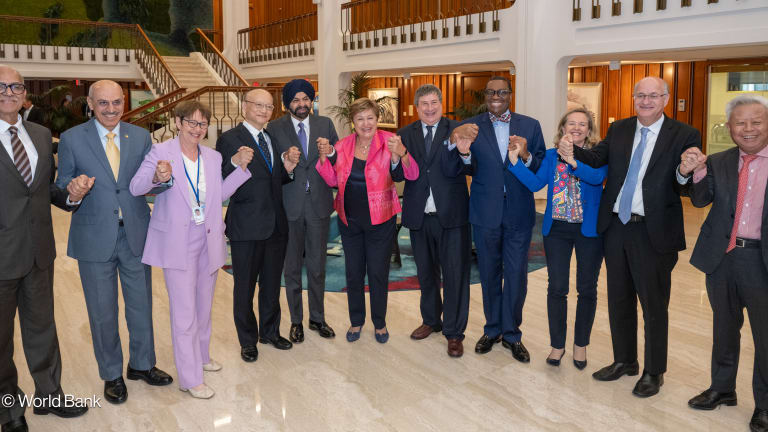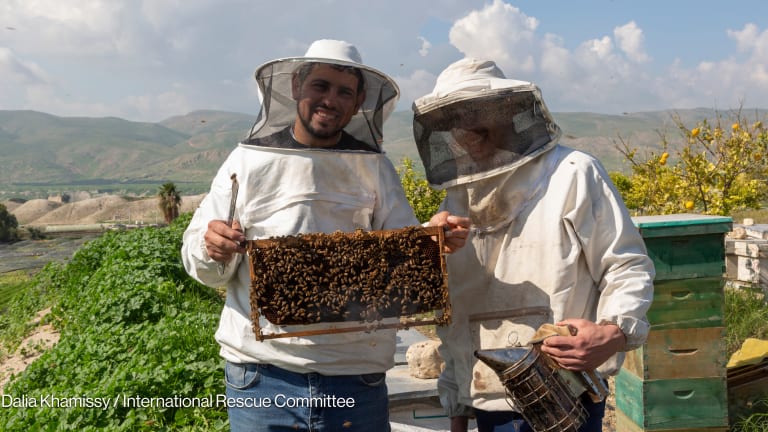
Building state capability is critical to ending poverty, but without an independent, parallel effort to protect individual liberties and expand economic freedoms in the process, sustained development will remain elusive.
In “The Narrow Corridor: States, Societies, and the Fate of Liberty,” the authors describe the balance between state power and society’s ability to check that power as key to a nation’s success, explaining that “[I]nnovation needs creativity and creativity needs liberty — individuals to act fearlessly, experiment, and chart their own paths with their own ideas.”
We have seen governments influence commerce to achieve some measure of economic success, but if they overreach, as they often do, they make less likely the freewheeling, iterative conditions necessary for the enduring growth needed for development. Even China, once thought to be the author of a new rule book on state-led economics, is proving this in the long run. How then, might we invest in both state capability and liberty to achieve lasting change?
Honoring human dignity goes beyond a common-sense belief that everyone deserves respect. It also means humbly recognizing that, as outsiders, education and wealth alone do not endow us with all the knowledge necessary to achieve development.
— Matt Warner, president, Atlas NetworkThe good news is current methods in state capability are compatible with a dual approach. In “Building State Capability: Evidence, Analysis, Action,” the authors recommend that ministries review government functions to determine which are most necessary to fulfill their role and table those that either require too many bureaucrats to carry out, afford bureaucrats too much discretion, impose excessive obligations on society, or rely too heavily on unproven or unknown methods. This presents an opportunity to engage independent and locally led nongovernmental voices to help balance the state’s tendency to expand its power.

Historically, foreign experts have played too strong a leadership role in those types of decisions. The #ShiftThePower movement has helped us better recognize the limits of such outsiders and the need for local organizations to be leading change. For this reason, the increased capacity of local NGOs is critical. They are better positioned to represent local interests on the topic of their government’s institutional evolution. They deserve our deference and our financial support as they seek to balance state capability with liberty, recognizing that even local organizations are outsiders when it comes to the decision-making of individual households.
That is why at Atlas Network we prioritize grant-making to locally led organizations that are committed to both economic liberty and improving the capabilities of the state to competently and consistently fulfill a focused and limited role. This approach has taught us what local priorities can look like and how to achieve context-specific change.
For example, the Centre for Development and Enterprises Great Lakes in Burundi led institutional changes that made joining the formal sector less prohibitive for low-income populations, resulting in a 49% increase in business licenses. Prioritizing and achieving this outcome required local knowledge and leadership. In Sri Lanka, Advocata Institute worked with policymakers to eliminate a tariff on sanitary napkins after seeing the effect artificially high prices had on female workforce participation and school attendance in rural areas. Other projects in our portfolio have wholly different aims, each determined by local leaders who have their own vision for change.
If we collectively commit to supporting the growth of local, independent organizations, we must think carefully about the limits of our own role in designing and achieving change.
How to achieve change
Those of us investing in economic development in communities we do not call home can better support local leadership in the following ways.
1. We must solicit, not prescribe, a local vision for change
Local volunteers are vital to aid work — but don't always get equal support
Following an attack on two Red Cross volunteers in DRC, Devex hears about the risks and challenges local volunteers face each day, and how international organizations could better support them.
This may mean a complete reimagining of the role of outside NGOs, resulting in a staff makeup that spends less time on coming up with solutions and leading their implementation and more time developing expertise related to knowing where and how to best financially support a diverse set of local change organizations. Accountability is still important. No human endeavor succeeds without it, but the onus and opportunity is on local organizations to define, articulate, and commit to their success, ex-ante, to funders.
2. We must understand our own influence
If your grant is 75% of an organization’s total budget, you are too influential. This may mean dialing back the size of grants — perhaps increasing the total number of recipients — so as not to overwhelm or co-opt the healthy, independent growth of local organizations. Matching from local sources should be encouraged or stipulated.
3. Recognize the value of knowledge sharing
Despite the dangers of outsider influence, knowledge sharing across borders is still very helpful. We all learn from exposure to new ideas and experiences. The key is to ensure knowledge sharing is peer-based and unconnected to the prospect of financial support. For the complexities inherent in economic development, local leadership should have the prerogative to determine best fit and not be expected to adopt best practices or the latest missing ingredient solution championed by outside experts.
Honoring human dignity goes beyond a common-sense belief that everyone deserves respect. It also means humbly recognizing that, as outsiders, education and wealth alone do not endow us with all the knowledge necessary to achieve development. Change comes from free individuals making choices in their own lives, based on the unique, tacit knowledge they possess, and the strength of the government institutions they alone can reshape. Because of this, the philanthropic cause of global development should expand its commitment to supporting local organizations advancing individual liberty and economic freedom.








